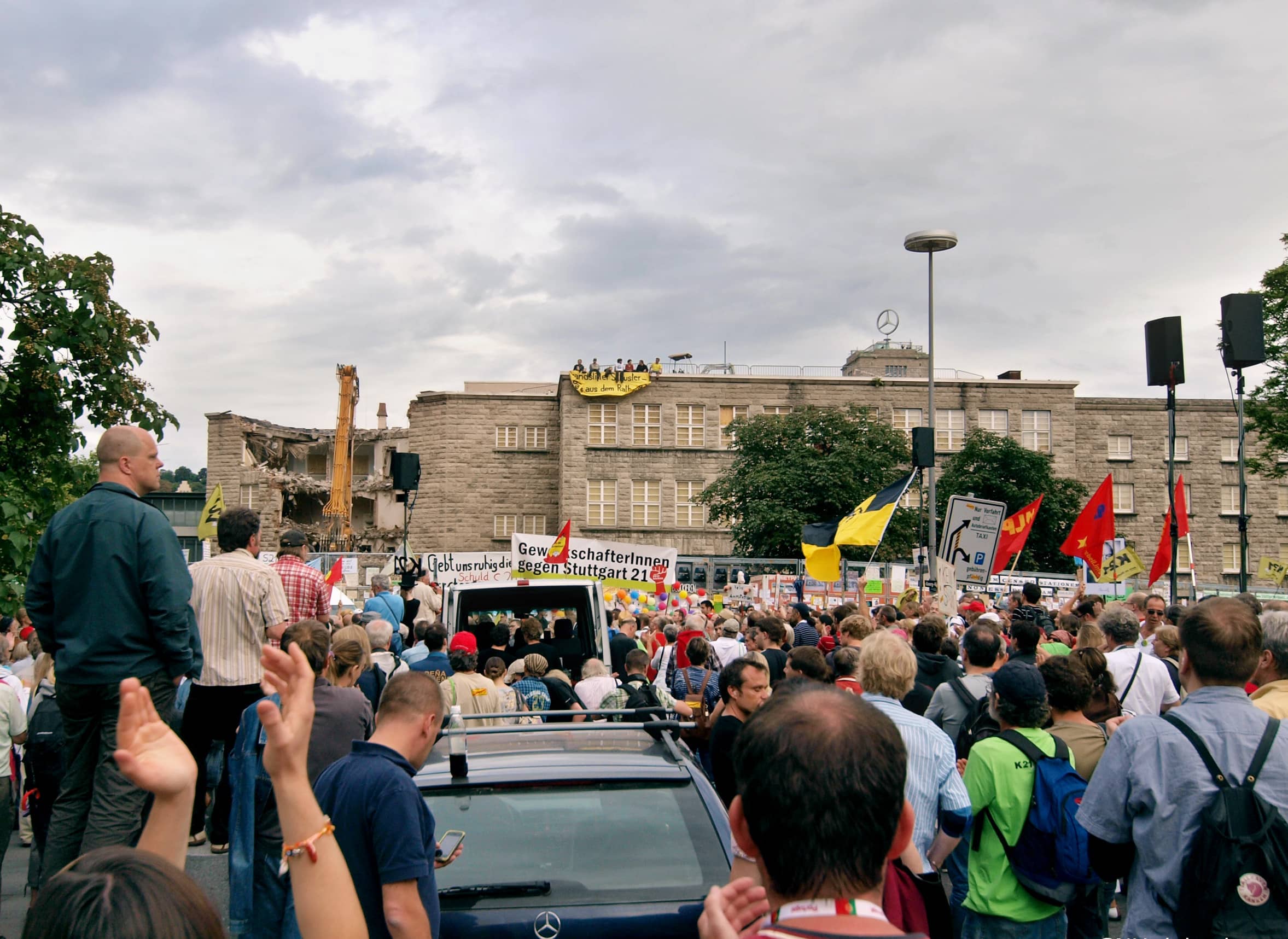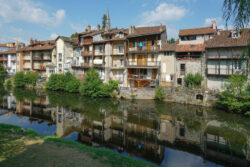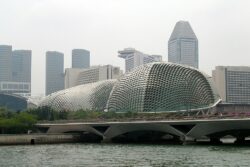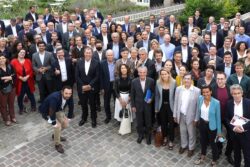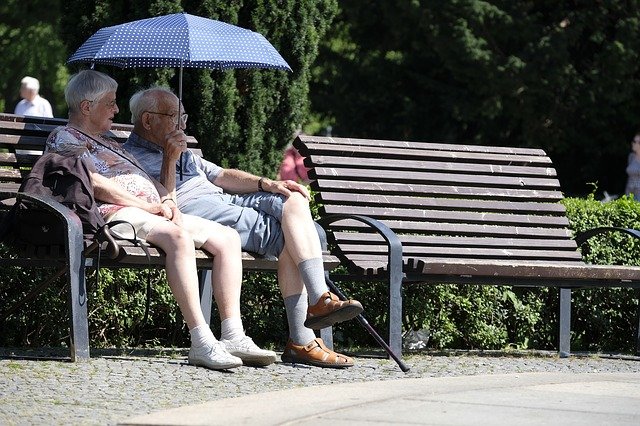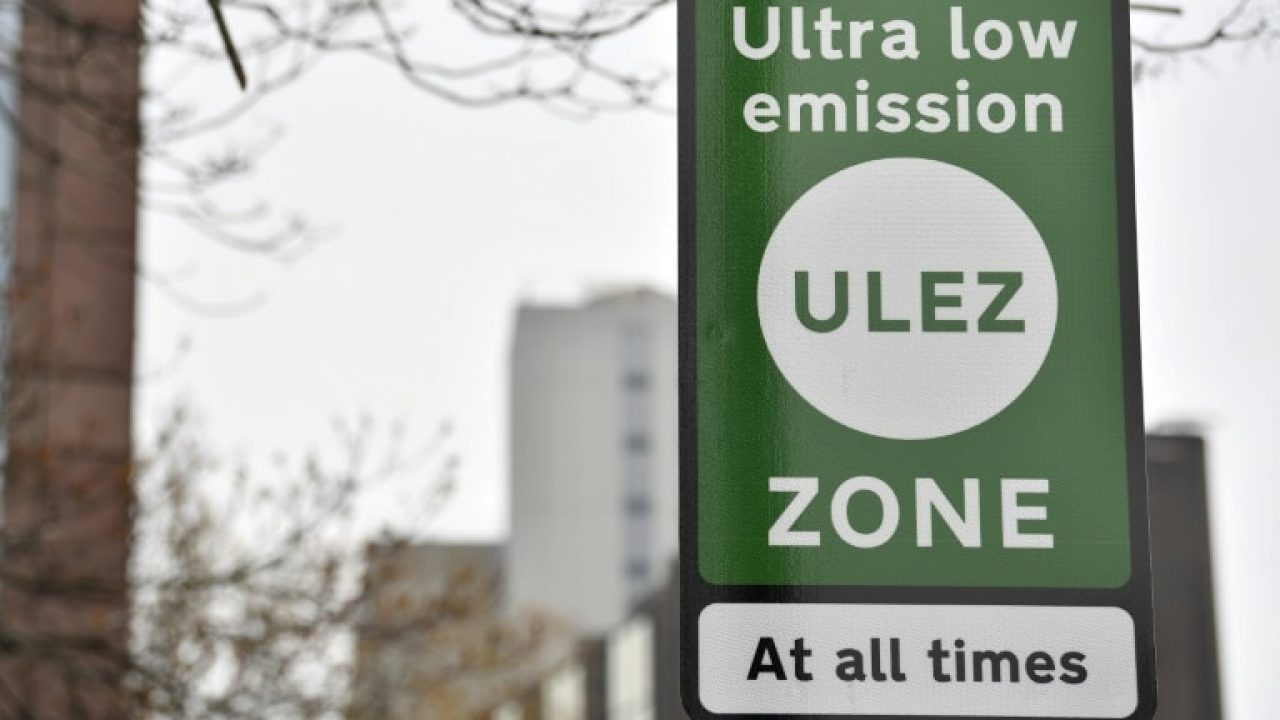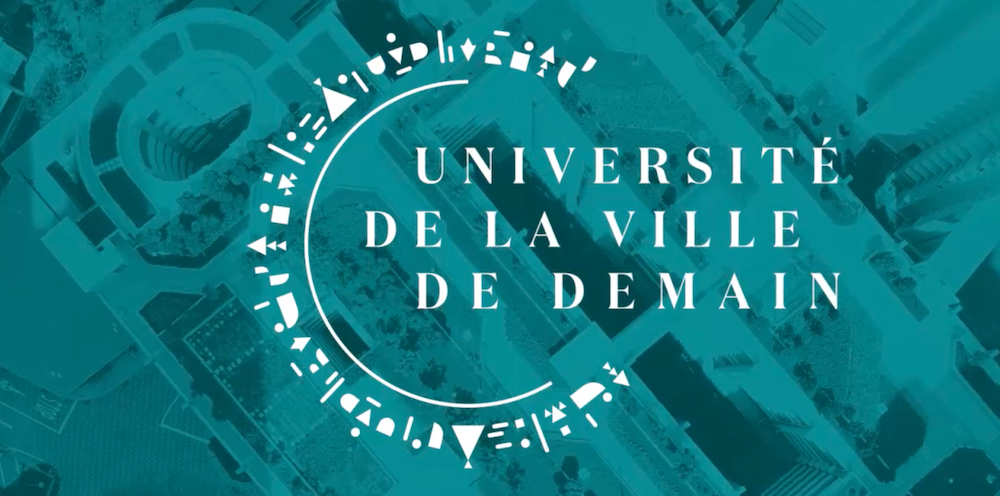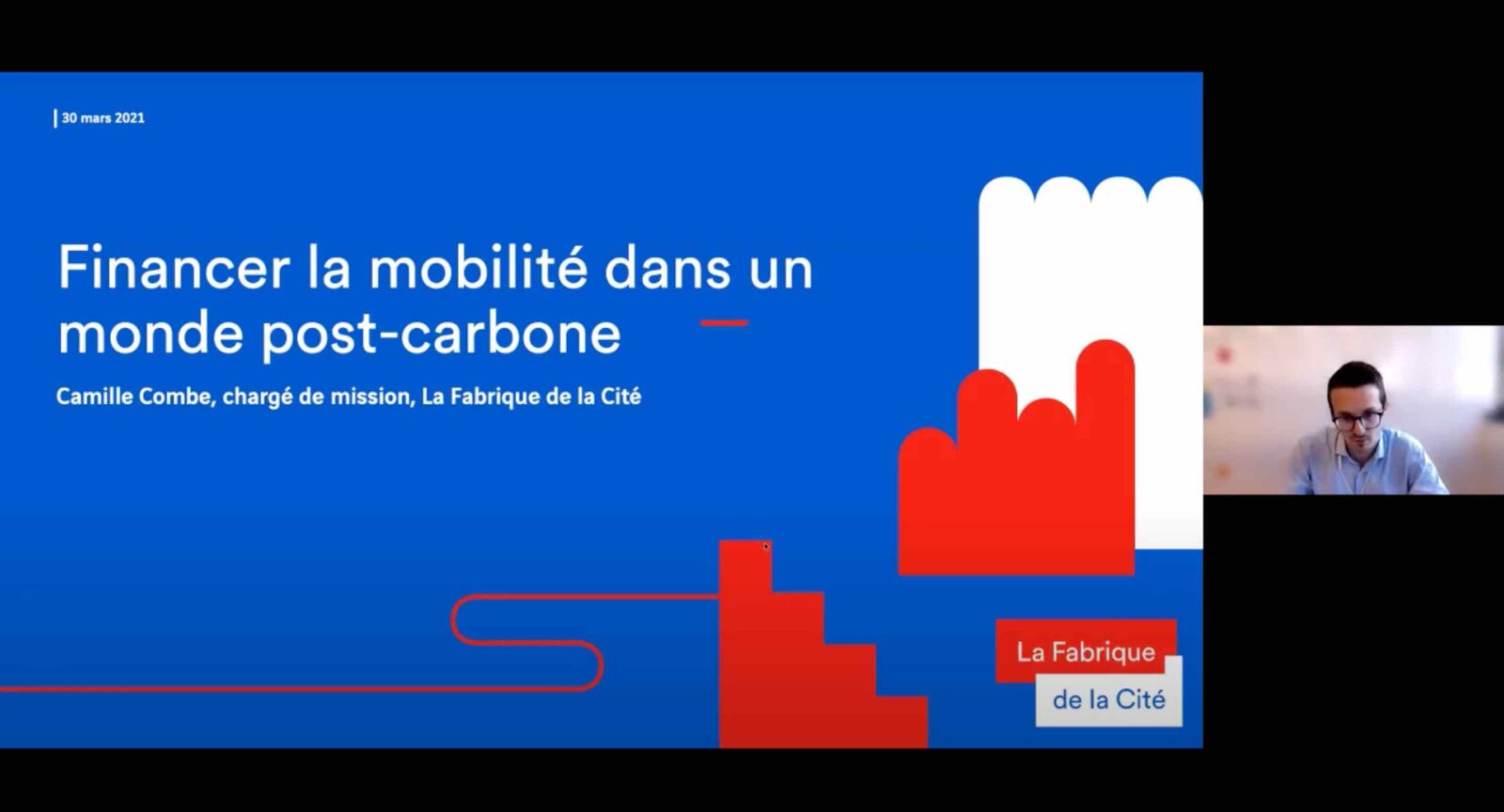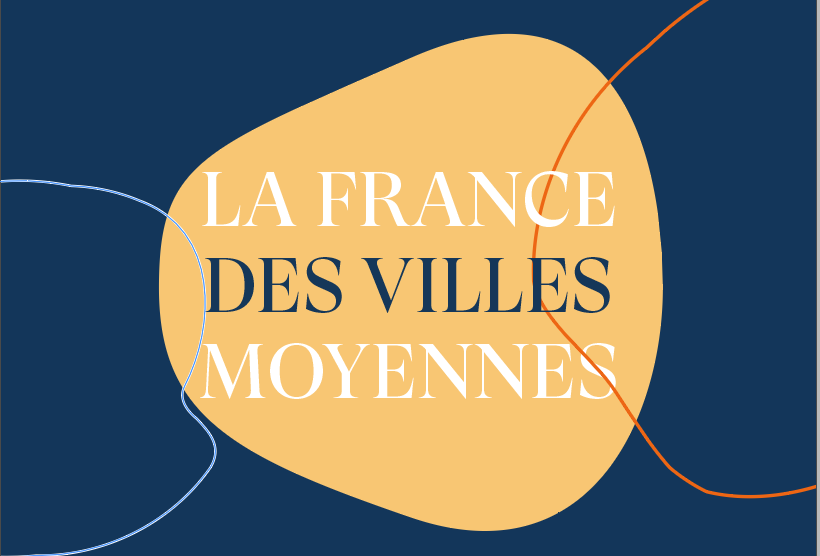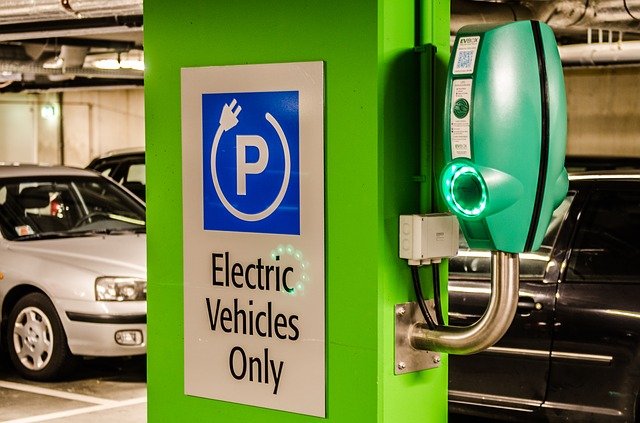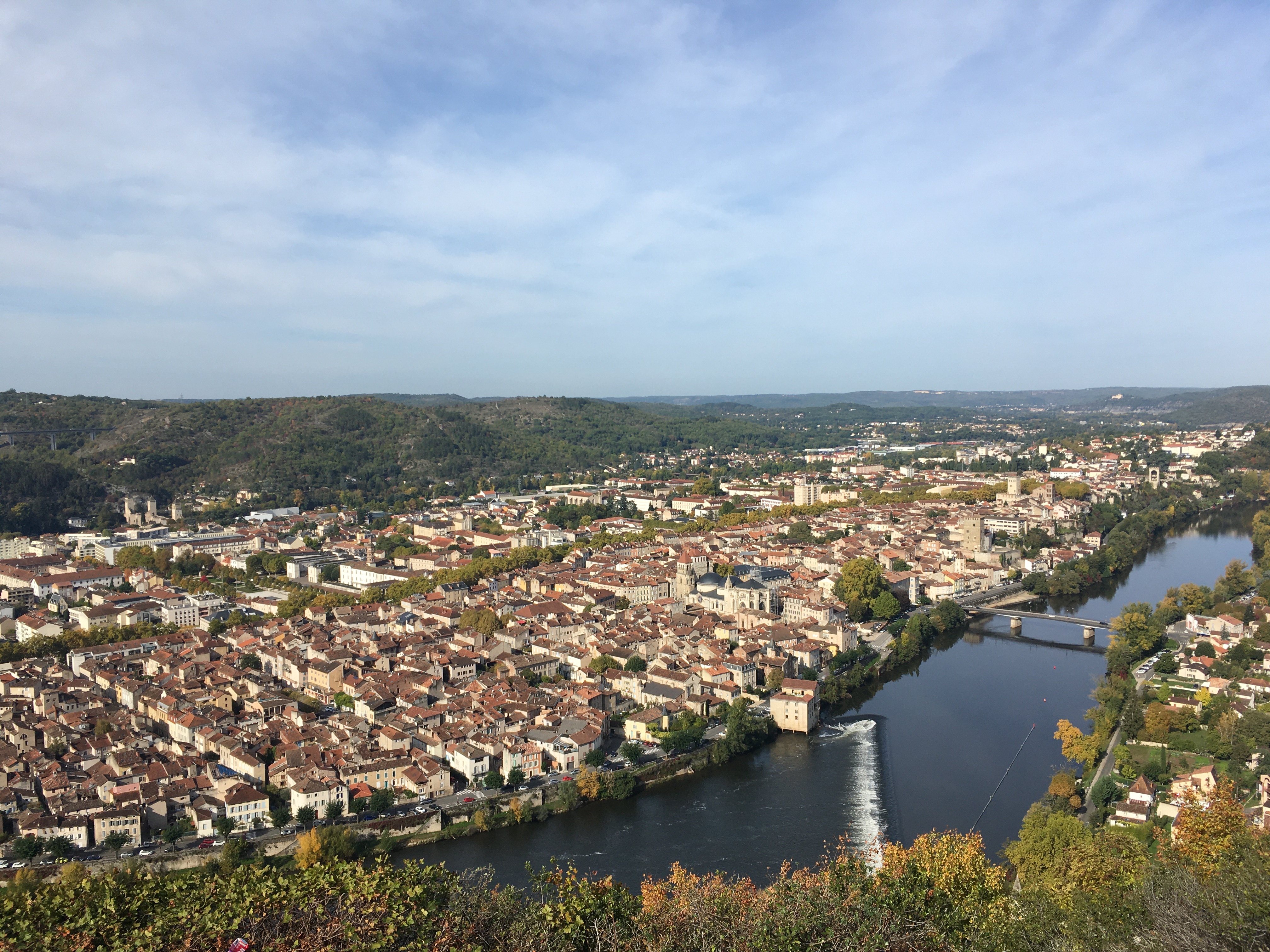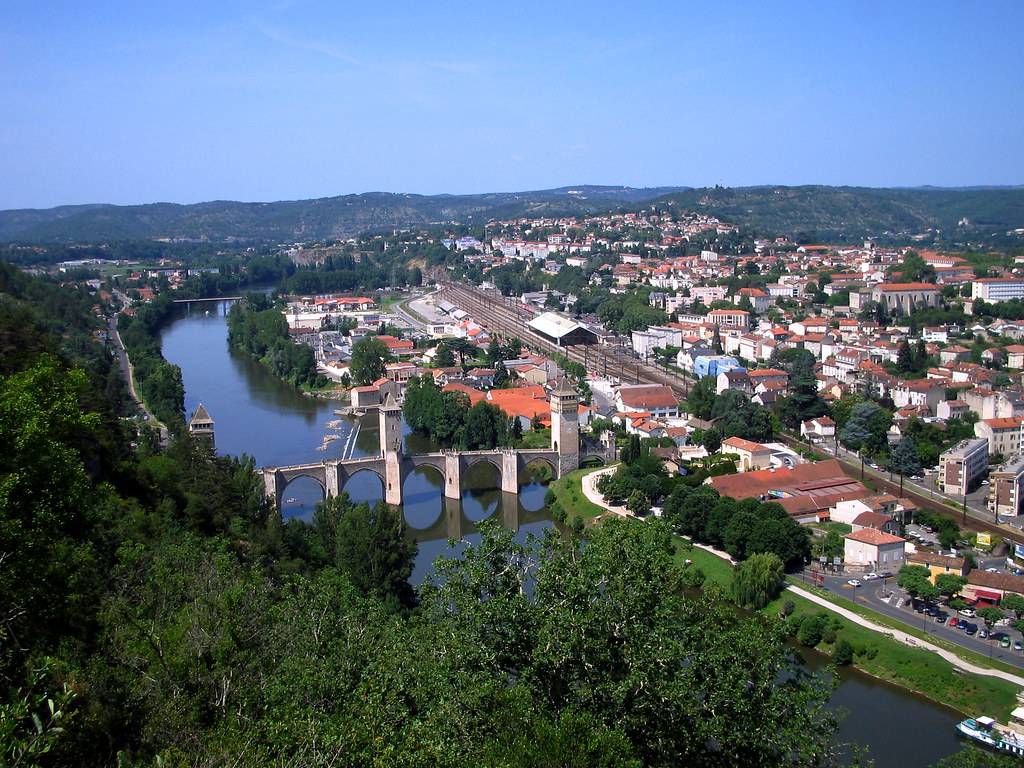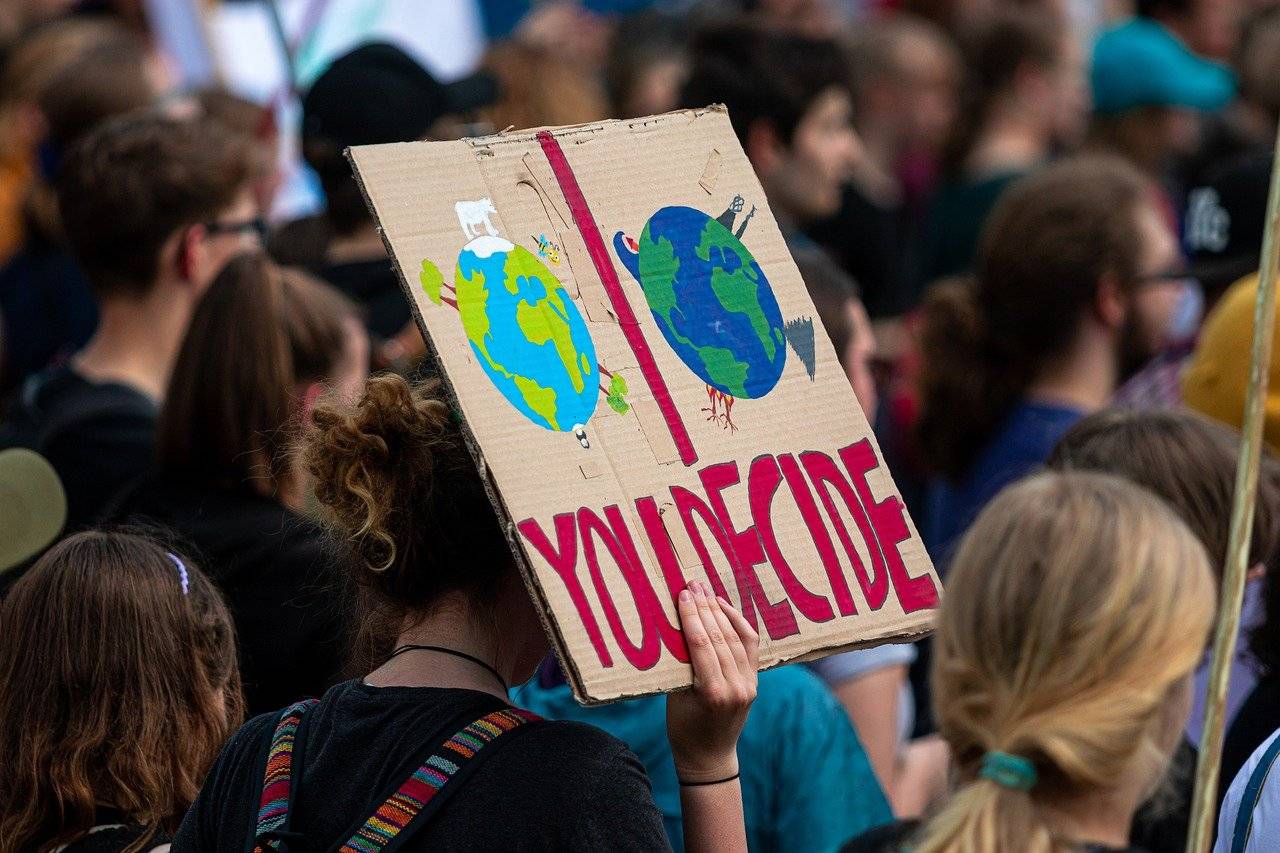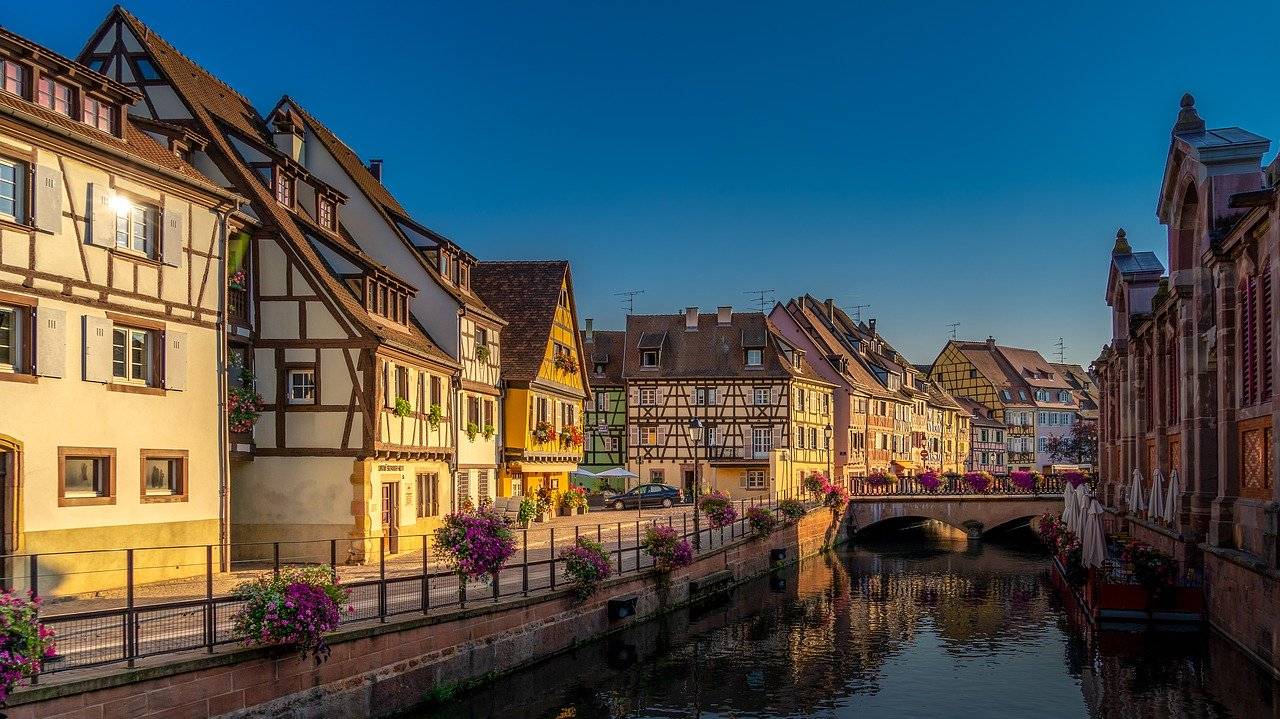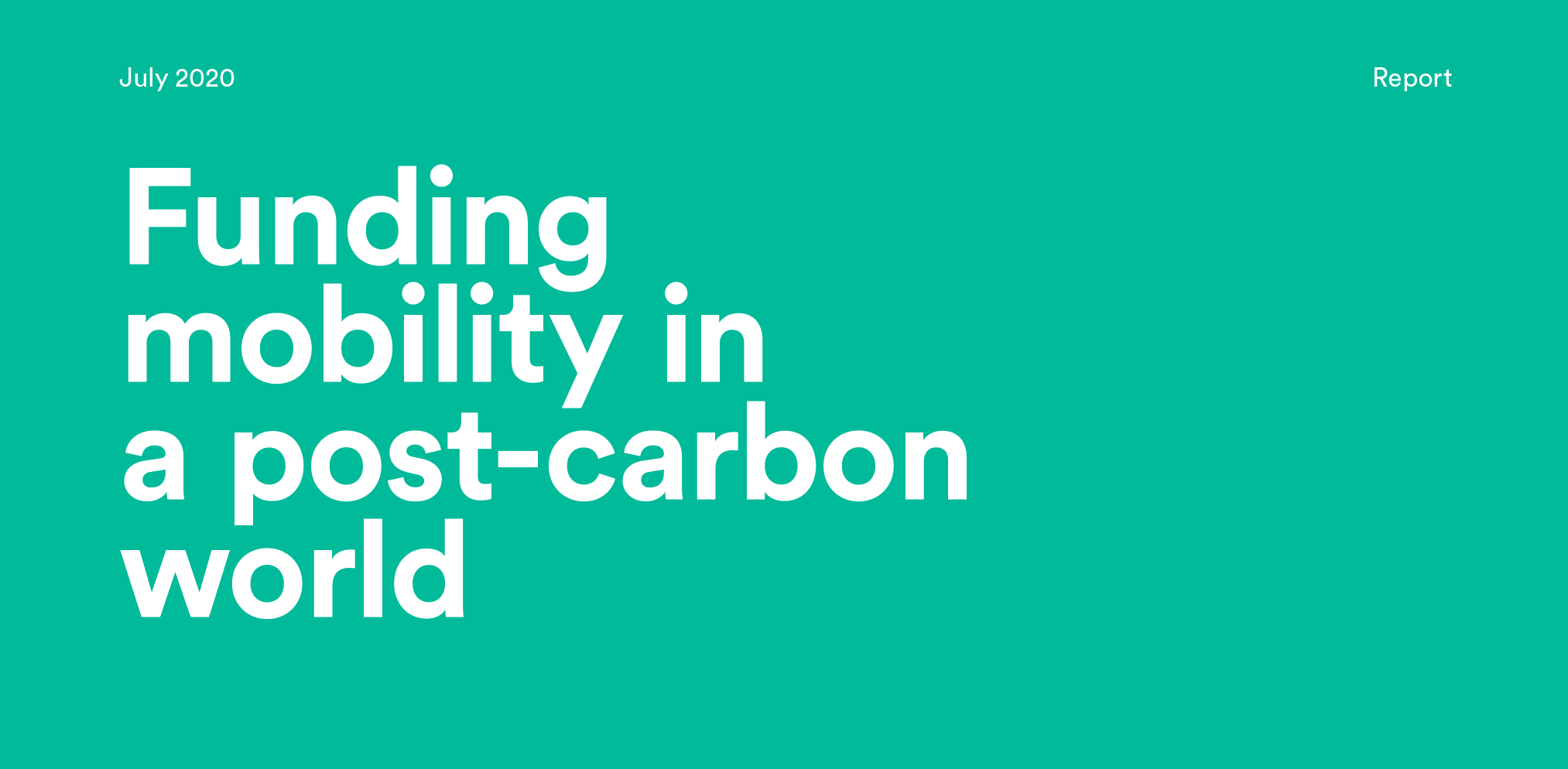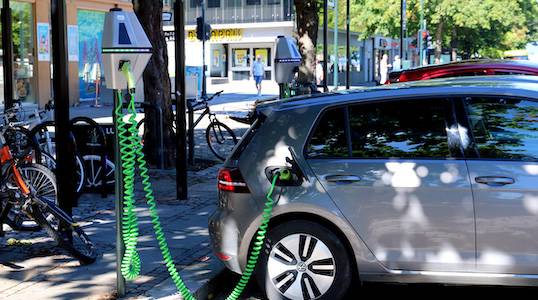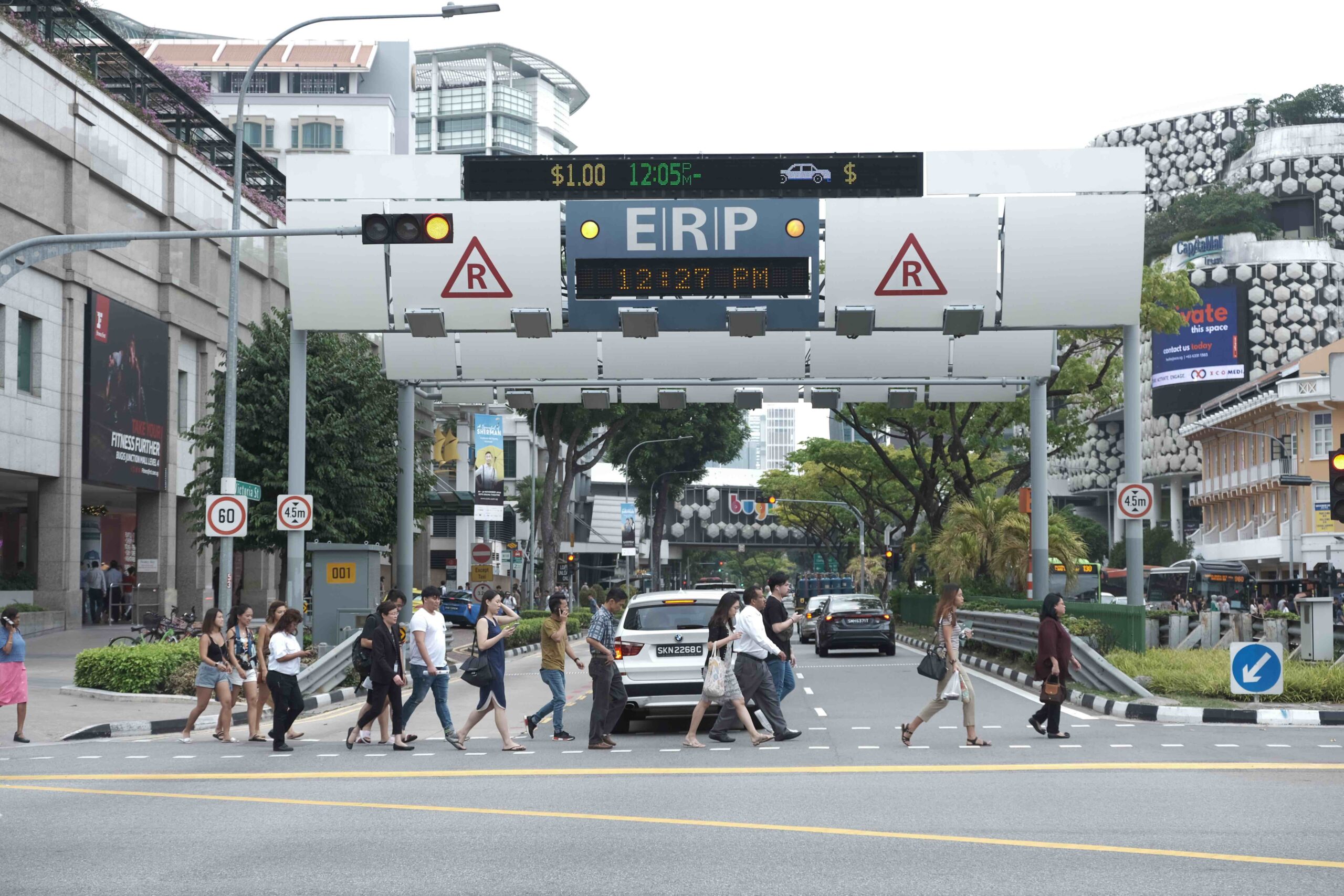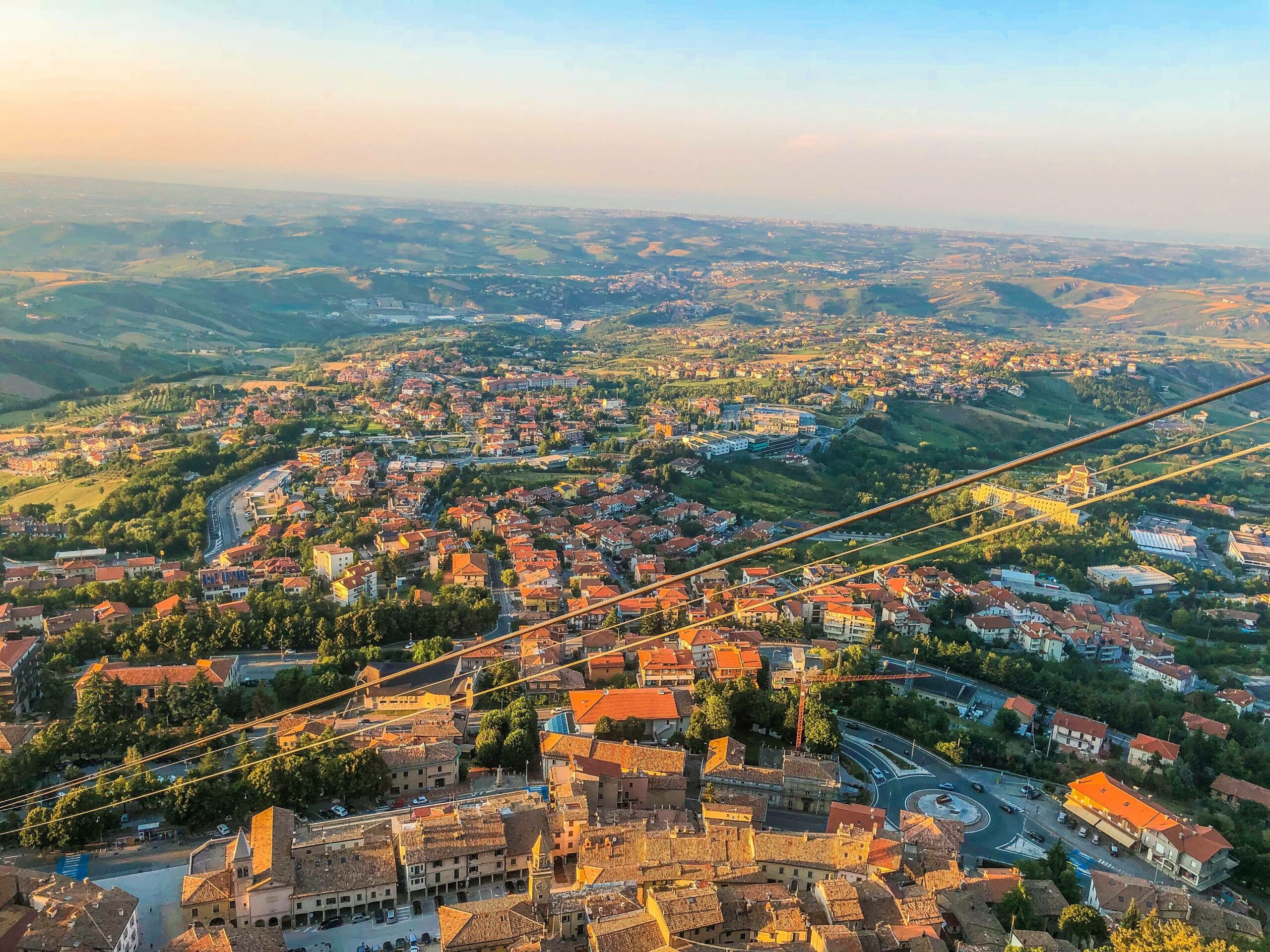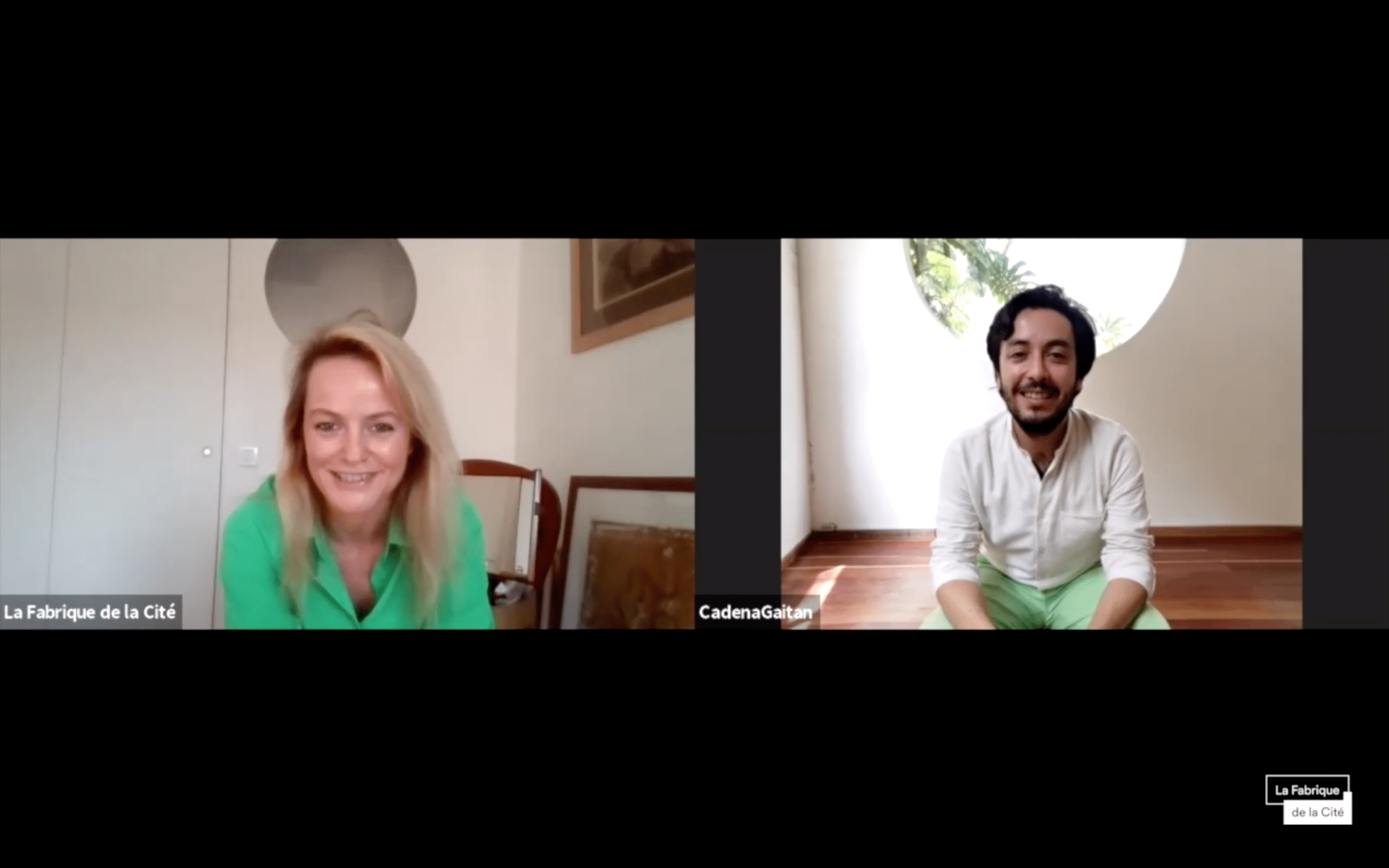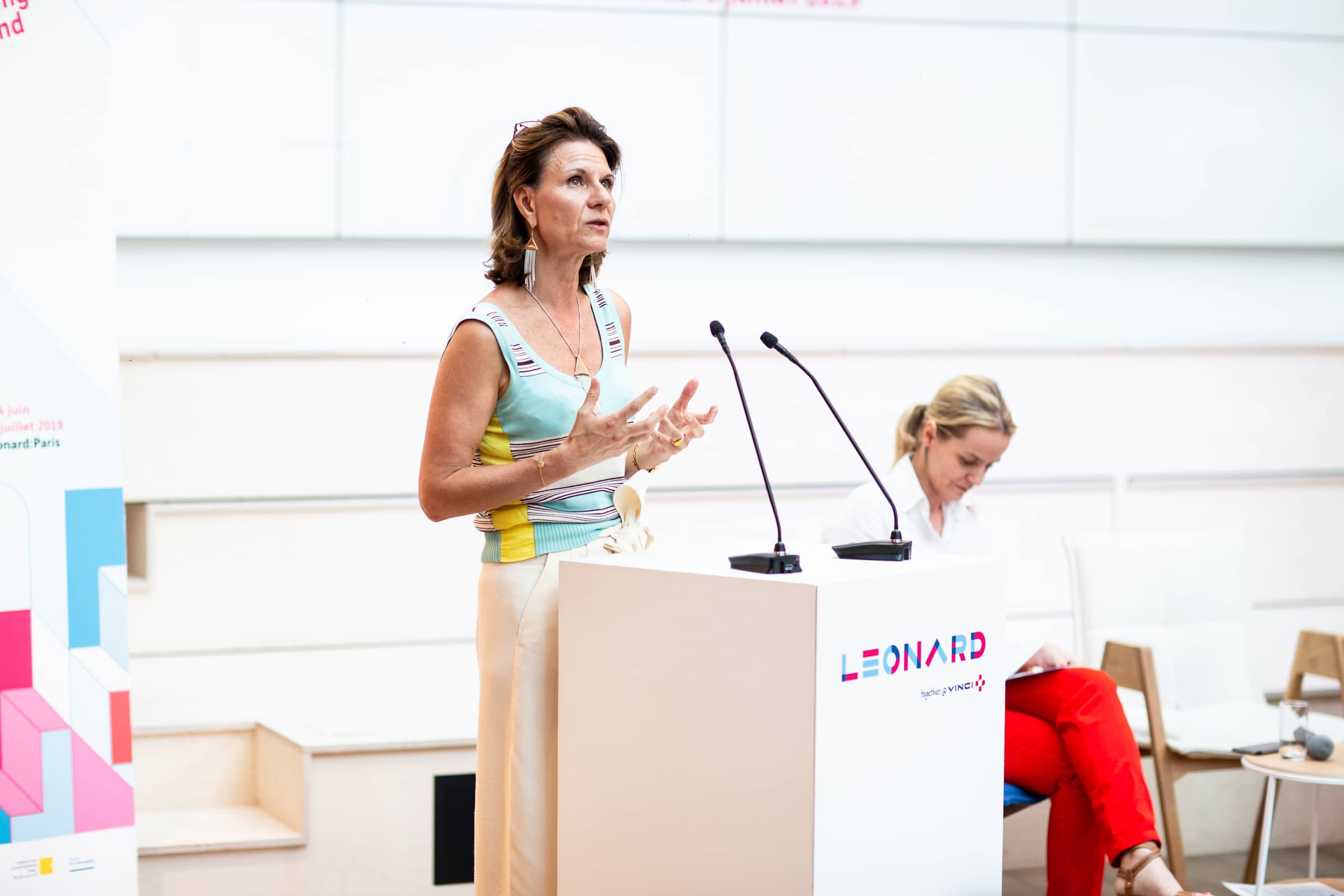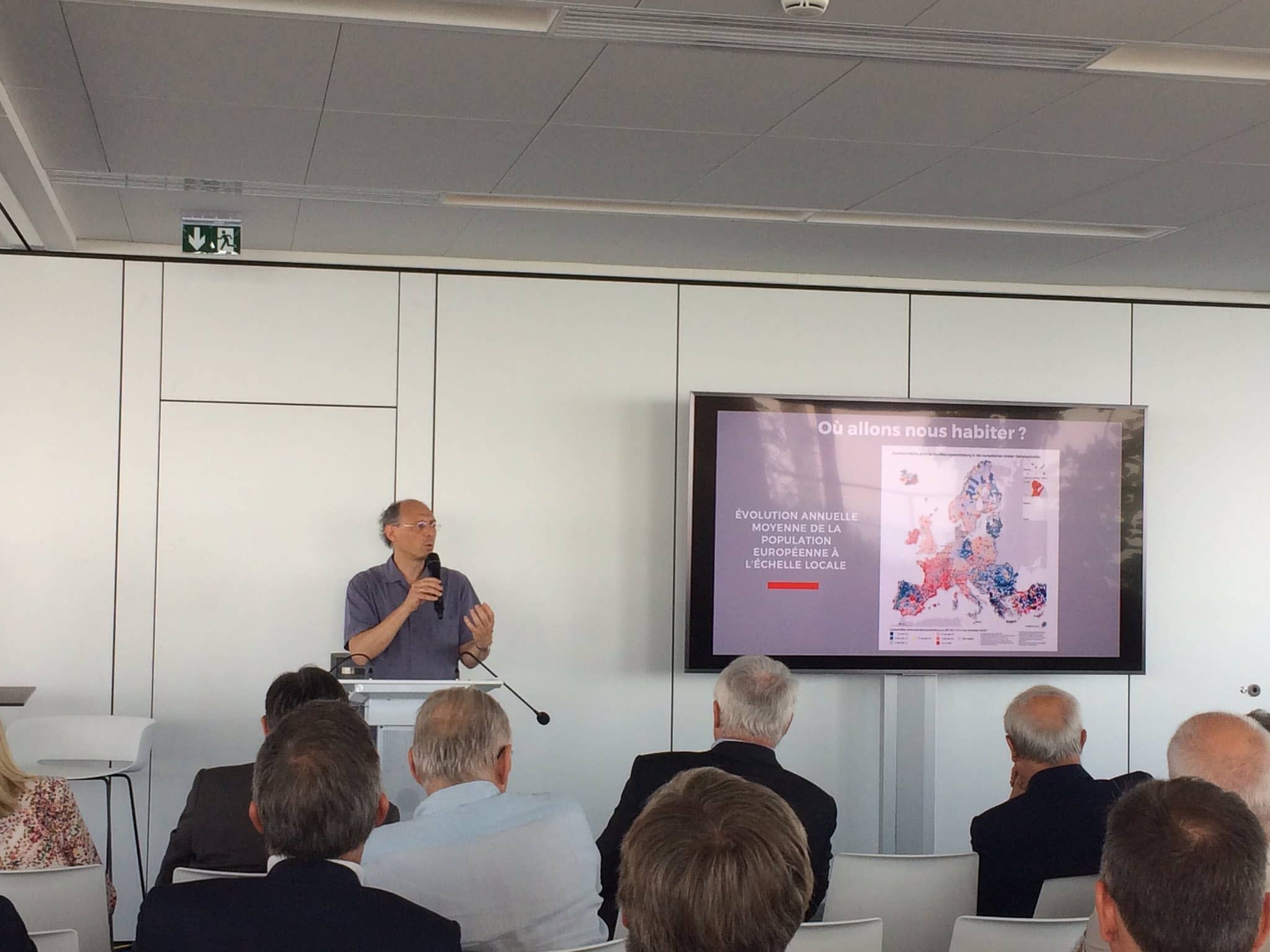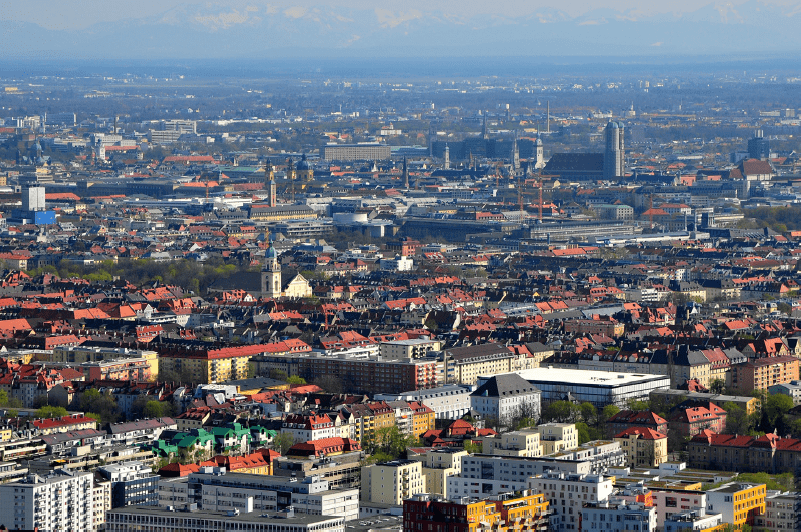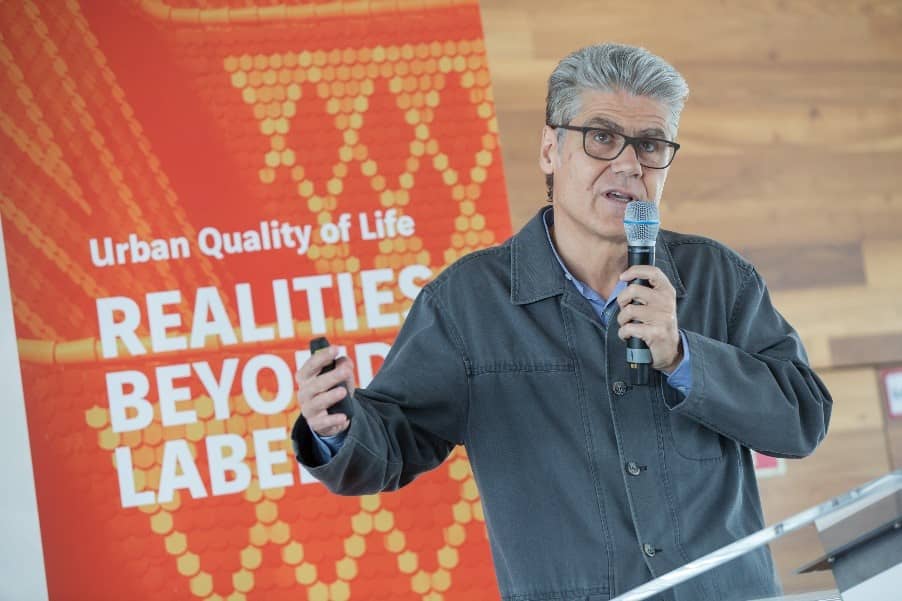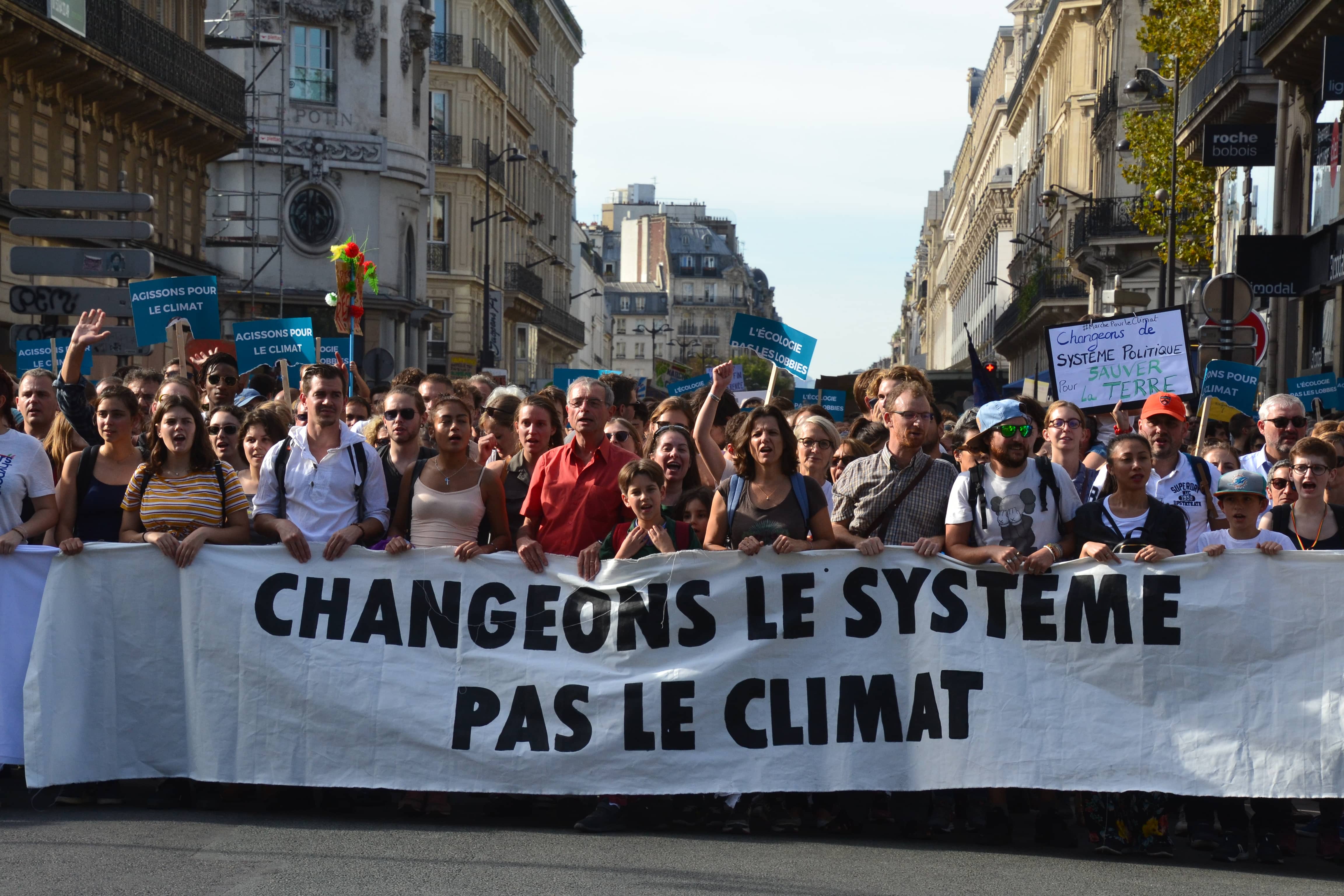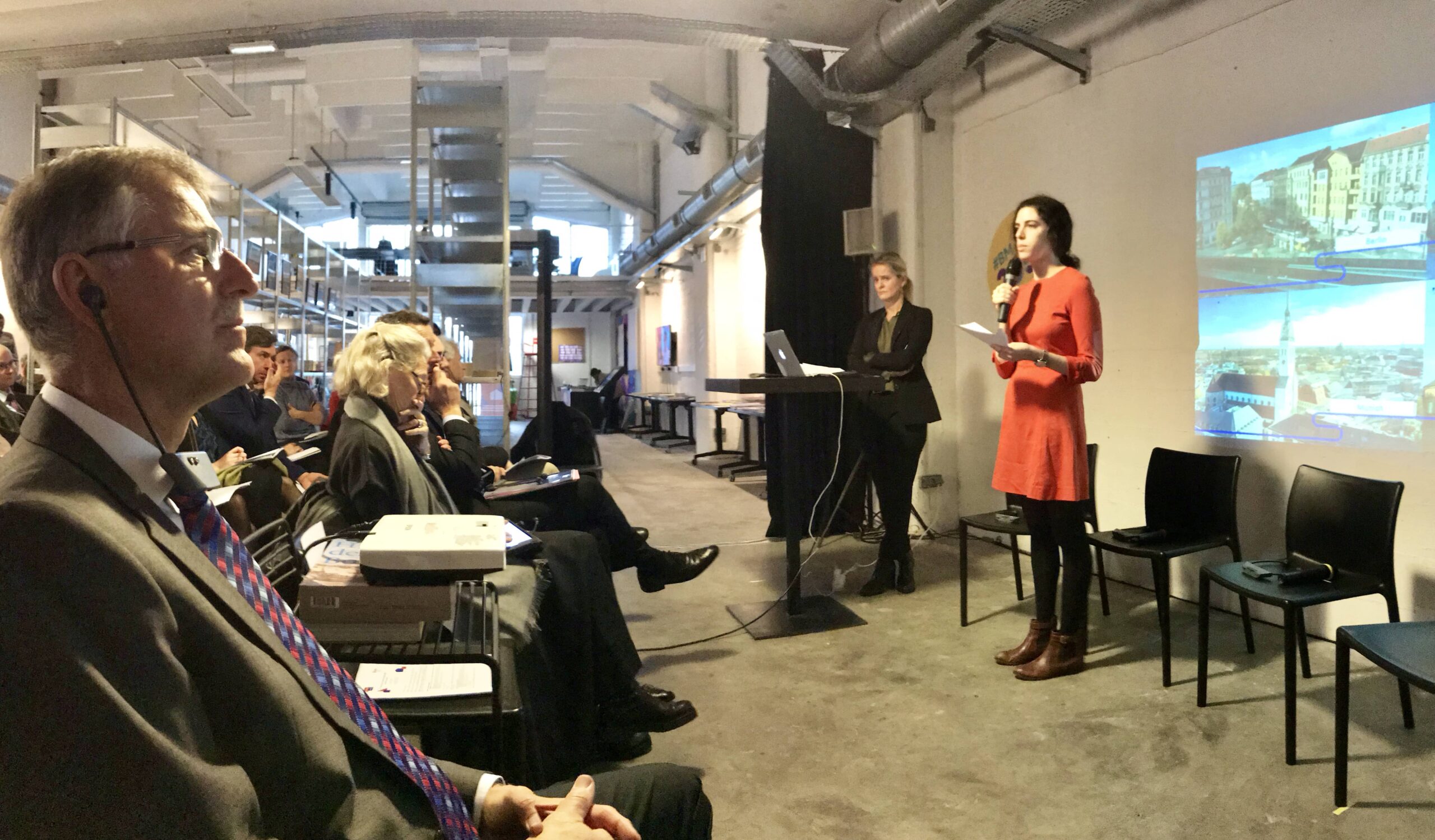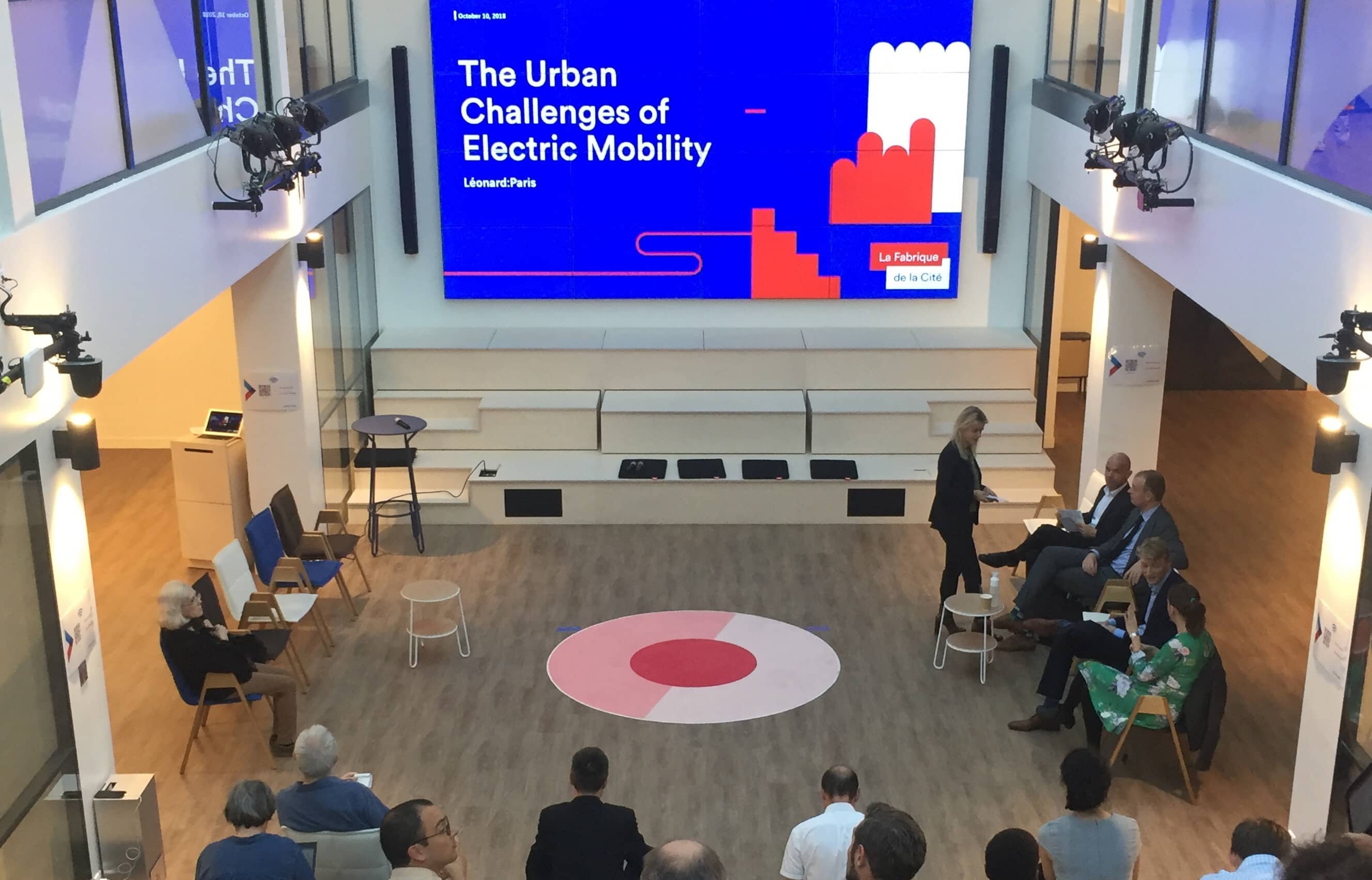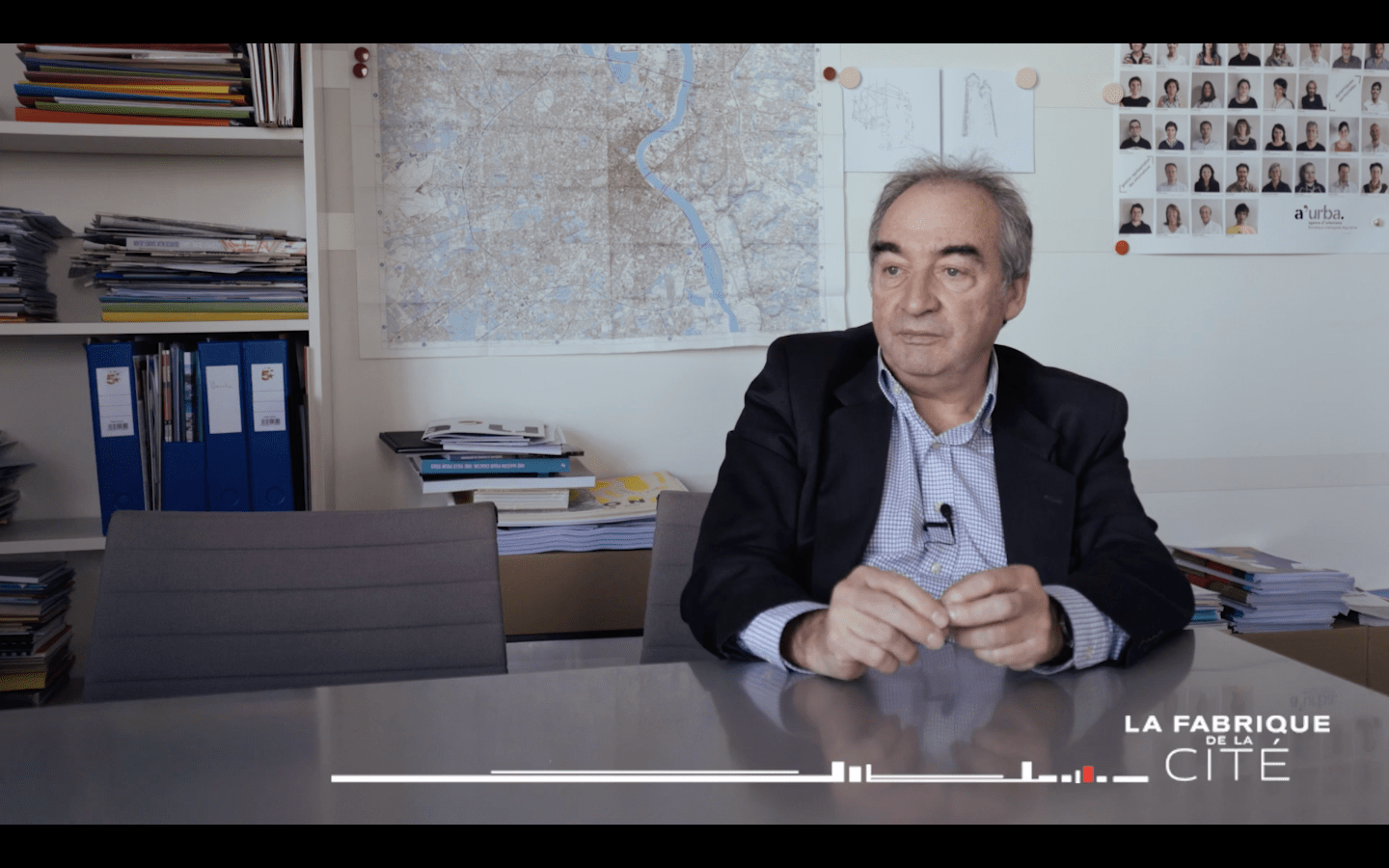

France’s Citizens Convention for Climate: not such a good idea after all?
“Verging on sabotage”: the 150 members of the Citizens Convention for Climate are, without a doubt, largely unsatisfied with the measures presented by the French government this week, based on the propositions they made earlier this year. Their frustration, which has been widely reported on in the press since last June, stems from a profound misunderstanding about the nature of the exercise; this misunderstanding, in return, has roots in the government’s choices.
The Citizens Climate Convention is an unprecedented experiment, designed at a time of strong social tension to address a demand for an improved relationship between political power and citizens. In many regards, the Convention is a promising experiment: the involvement of citizens is sincere, their seriousness and dedication manifest, and the subtle balance found by the experts in their support to the members of the Convention seems to draw the contours of a renewed and more peaceful relationship between citizens and experts. In this respect, the lessons of the Convention are twofold, said Thierry Pech, director of French think tank Terra Nova, a few months ago during a hearing at the University of the City of Tomorrow, co-organized by La Fabrique de la Cité and the Palladio Institute: “when [experts] present themselves as the sole keepers of the truth, they are less likely to be followed, but when they present themselves as research professionals and express their potential doubts, they are listened to“. And the experts have everything to gain by presenting themselves “as being at the service of society and as advisors to the city. The experts who showed up with this attitude were more listened to than those who came to lecture”. These are two valuable lessons to be learned from the Convention, in a period marked by unprecedented mistrust of expertise and the devaluation of facts and science in favor of opinions.
However, the institutional mechanism designed by the executive branch to accompany the Citizens Convention puts representative democracy (already in crisis) in an even more complicated position. The trouble stems from the fact that the government has chosen, by committing itself ex ante to integrating the proposals of citizens into the French legal and regulatory corpus, to confer on the latter a decision-making power that legally belongs to Parliament. In this respect, the promise made to the citizens appears difficult to keep, if not simply unrealistic, as lawyer Arnaud Gossement writes: “from a legal point of view, the measures cannot be kept unmodified, it is impossible. First of all, because 80% of what we call the law, i.e. our Environmental Code, is drawn up not in France but in Brussels. […] Moreover, [Emmanuel Macron] cannot impose the law on Parliament either”. For the Convention would not be so harshly criticized if Parliament had had the room for maneuver it deserves in the examination and transposition of the proposals of the 150 citizens.
In this respect, the institutional mechanism built by the executive branch around the Convention, which, from the point of view of the legislative branch, is somewhat similar to the “blocked vote” provided for in Article 44-3 of the French Constitution, is indicative of the singular nature of the relationship between these two branches in a regime that cannot be described as parliamentary. The executive’s position with regards to Parliament, and hence the way the Convention itself was designed and presented, may have led the 150 citizens to believe that they were entrusted with decision-making powers. This perception certainly explains the frustration expressed by some of them when Emmanuel Macron announced, in September 2020, that he would ignore their request for a moratorium on 5G. For other observers, this perception paves the way for criticism of the Convention based on the questionable representativeness of its members and their lack of legitimacy to exercise what is, on the surface, akin to the power to legislate. As Mathieu Febvre-Issaly, a public law specialist, wrote a few months ago in French review Esprit: “it is not ‘us’ who deliberate with the Citizens’ Convention, but rather representatives, and the random choice does not necessarily bring them closer to us, while it removes the principle of control that is imposed on elected professionals.”
→ Read our study “Major Projects and Democracy: A Guide for Action” (in French).
No time to read? La Fabrique de la Cité has got you covered. Check our newsletter #58.
To be informed of our upcoming publications, please subscribe to our newsletter and follow our Twitter and LinkedIn accounts.
These other publications may also be of interest to you:

Lisbon beyond the Tagus
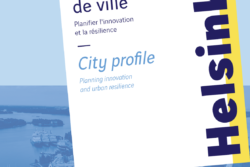
Helsinki : Planning innovation and urban resilience

Back from Cahors

A warm tomorrow

Rebalancing

Size, Network and People

Nature in the city

Inventing the future of urban highways

Spatial justice, managing the situation to enable development?
La Fabrique de la Cité
La Fabrique de la Cité is a think tank dedicated to urban foresight, created by the VINCI group, its sponsor, in 2010. La Fabrique de la Cité acts as a forum where urban stakeholders, whether French or international, collaborate to bring forth new ways of building and rebuilding cities.















